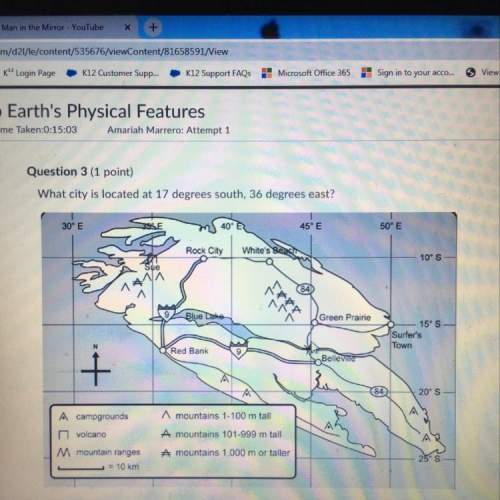Which of the below is NOT TRUE about ionic and covalent bonds.
Question 3 options:
Io...

Chemistry, 24.11.2021 01:00, PollyB1896
Which of the below is NOT TRUE about ionic and covalent bonds.
Question 3 options:
Ionic bonds are stronger than covalent bonds.
Covalent bonds are stronger than ionic bonds.
Ionic bonds form salts that may rapidly dissolve in water.
Ionic bonds exchange electrons while covalent bonds share electrons.

Answers: 3
Other questions on the subject: Chemistry

Chemistry, 22.06.2019 03:30, acaciacoats
The atomic radius of sodium is 186 pm and of chlorine is 100 pm. the ionic radius for na+ is 102 pm and for cl– is 181 pm. in going from na to cl in period 3, why does the atomic radius decrease while the ionic radius increases? a. the inner electrons in the sodium cation shield its valence electrons more effectively than the inner electrons in the chloride anion do. b. the inner electrons shield the valence electrons more effectively in the chlorine atom than in the chloride anion. c. the outermost electrons in chloride experience a smaller effective nuclear charge than those in the sodium cation do. d. the outermost electrons in chloride experience a larger effective nuclear charge than those in the sodium cation do. e. monatomic ions are bigger than the atoms from which they are formed.
Answers: 2

Chemistry, 22.06.2019 11:00, coco8560
Freezing and boiling are endothermic processes. this means that these processes absorb energy from their surroundings in order to occur. use this information and the data you collected in the phase change gizmo to describe what happens to the temperature of water when you boil it, then explain why this result occurs.
Answers: 1


Do you know the correct answer?
Questions in other subjects:


English, 25.03.2020 21:01

Mathematics, 25.03.2020 21:01


Biology, 25.03.2020 21:01

Mathematics, 25.03.2020 21:01

History, 25.03.2020 21:01



Social Studies, 25.03.2020 21:01







